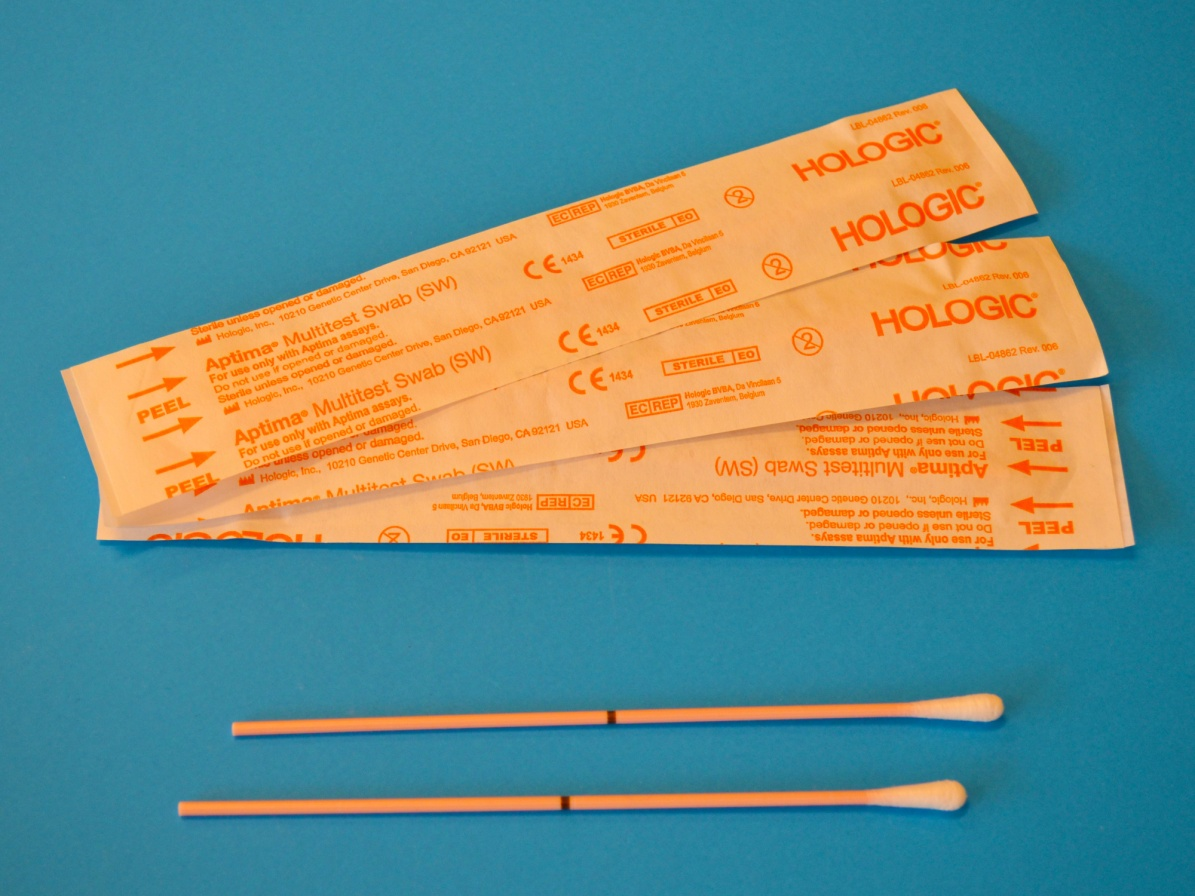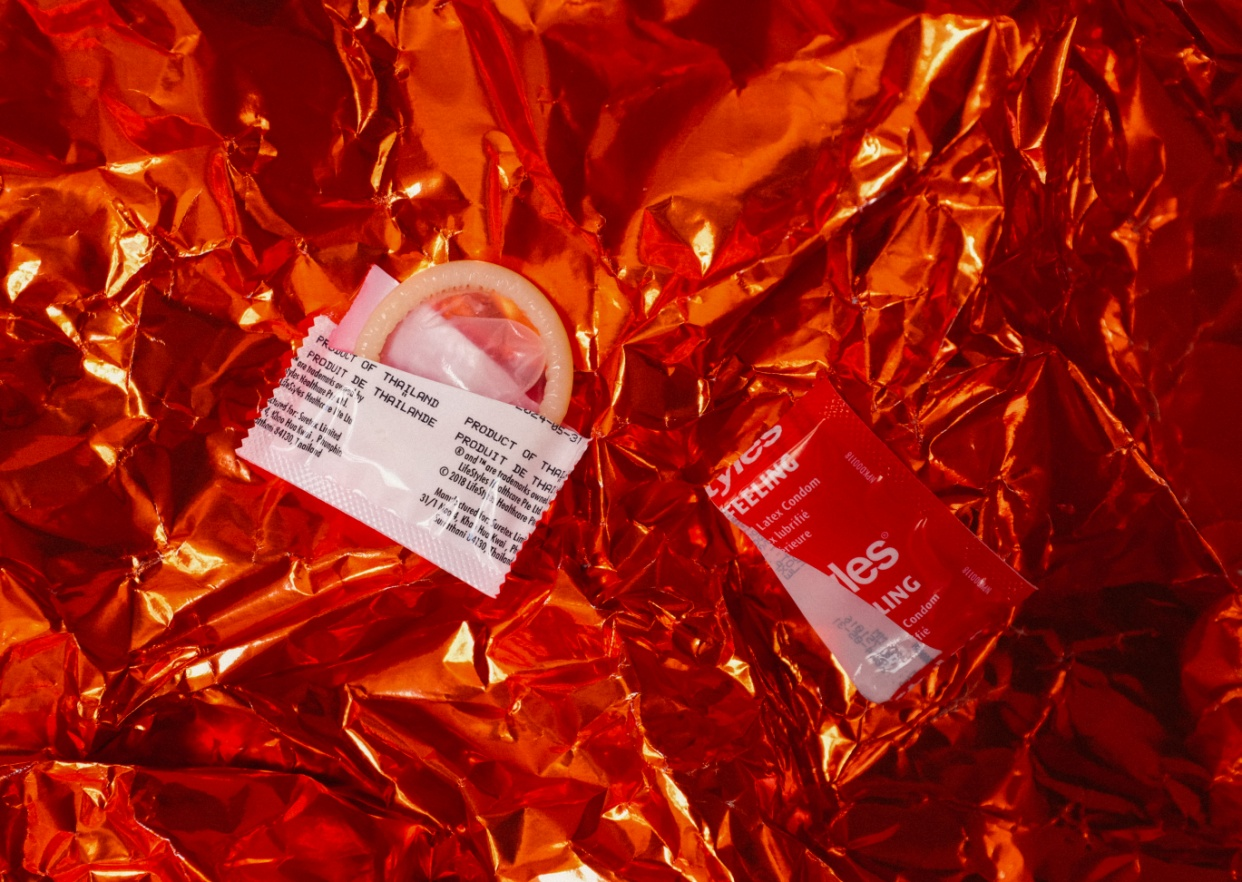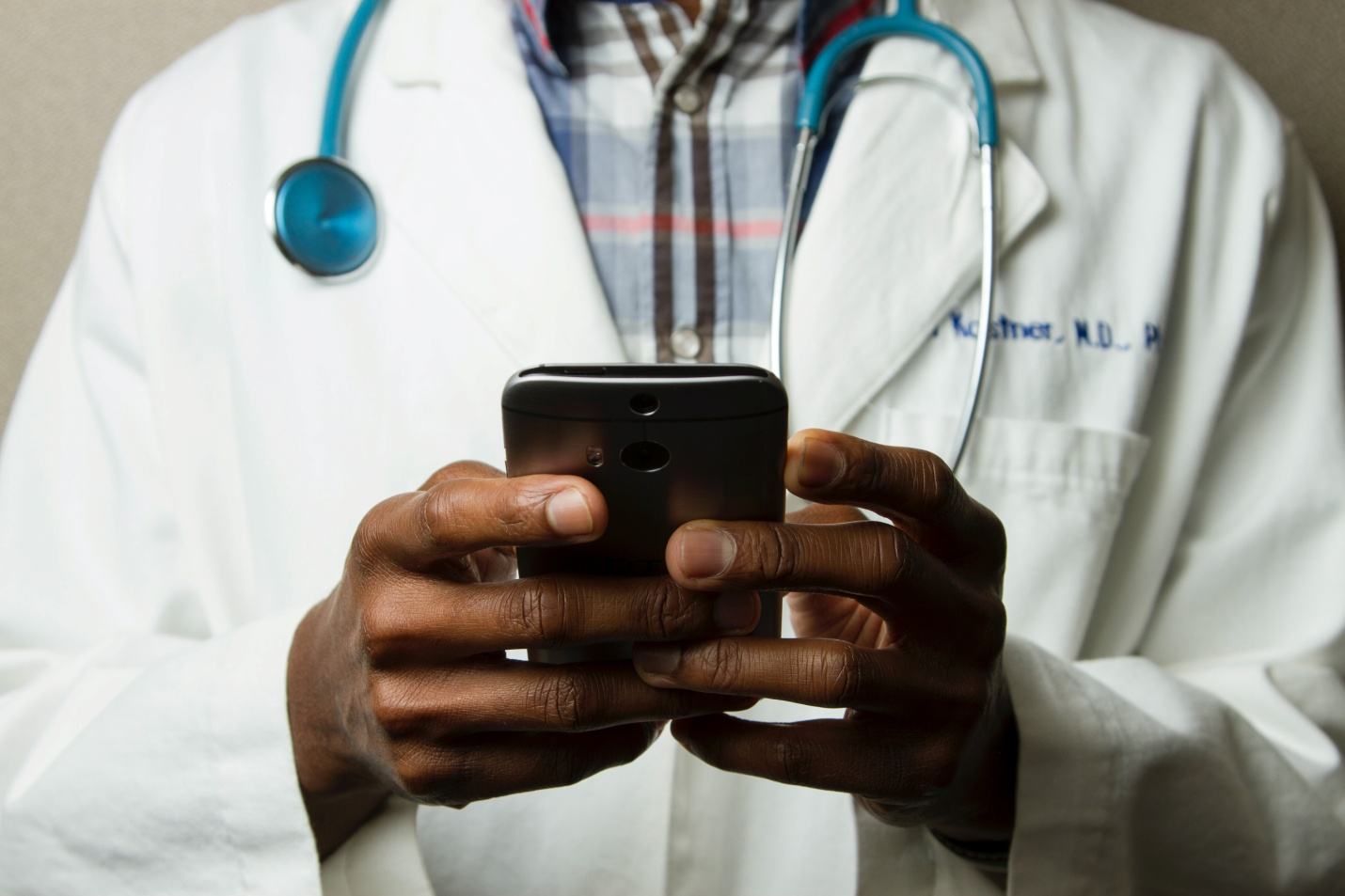STDs- What are They and How to Avoid Them
Sexually transmitted diseases (STDs) are normally gotten through sexual contact. STDs are passed on through close sexual contact or unprotected sex. There are more than 25 STDs or STIs (sexually transmitted infections) that spread through oral, anal, and vaginal sex. According to the World Health Organization, the ballpark figure is approximately 1 million every day.
The number of STDs (sexually transmitted diseases) hit an all-time high in 2019 in the USA. The Centers for Disease Control and Prevention (CDC) released the data on April 2021, which showed that approximately 2.5 million emerging cases of Chlamydia, gonorrhea, and syphilis were reported the same year. Keep reading to find out how to avoid them.

STDs and STIs are usually used interchangeably, but they are not the same. An infection comes before any disease and is acquired when the parasites, viruses, or bacteria attack the human body. However, while an infection might display no symptoms, a disease often shows clear symptoms.
STD Symptoms
A person having an STD might experience the below-mentioned symptoms
- Painful and uncomfortable sexual intercourse or urination
- Bleeding from the penis or vagina or unusual discharge
- Bumps, rashes, or sores around or on the testicles, penis and vagina, thighs, buttocks, anus, or mouth.
- Swollen or painful testicles
- Itching around or in the vagina
- Bleeding or unexpected periods after sexual activity

The symptoms might be different if an STI develops into an STD. Some might be the same as above, but other symptoms can be very different depending on the STD.
- chronic pain
- Nausea
- Fever
- Changes to hearing or vision
- Memory loss
- Weight loss
- Fatigue
- Swelling or lumps
Types of Sexually Transmitted Diseases
There are more types of STIs than STDs; some of the main STDs are:
Tertiary Syphilis
This is a comparatively uncommon infection, and its early phases are regarded as an STI. Syphilis first emerges as one or more tiny circular sores on the mouth, genitals, or anus. When it moves to the latent stage, it displays no signs if not treated timely. However, almost 1/4 of people will eventually develop tertiary syphilis after the initial infection, which can take up to 10 and 30 years.
Syphilis can cause severe consequences for many organ systems, resulting in:
- Memory loss
- Loss of hearing and sight
- Heart diseases
- Mental health conditions
- Spinal cord infection and brain infection
Typically, penicillin injections can treat tertiary syphilis by removing the bacteria from the body. Still, it cannot reverse the already occurred damage.
Pelvic Inflammatory Disease
The common STIs that can result in PID include Chlamydia, gonorrhea, and trichomoniasis if not treated timely. However, not all PID cases are developed by an STI; other bacterial infections can also cause them. According to the Centers for Disease Control and Prevention (CDC), almost 2.5 million females have reported a lifetime history of PID. This female reproductive organ infection is recognized as a disease, but some women display no signs. Women showing symptoms might face:
- Pain in the lower abdomen or pelvis
- Pain while urinating or having penetrative vaginal sex
- Painful, heavy, or irregular vaginal bleeding
- High temperature
- Nausea
- Unusual vaginal discharge
PID can be successfully treated by antibiotics if diagnosed at the right time. This scarring raises the possibility of ectopic pregnancy, which has similarly been associated with infertility. As a result, almost 1 in 10 individuals with PID becomes infertile.
AIDS
The immune system can be seriously compromised, and the risk of acquiring other bacteria or viruses is increased by HIV. Presently, people with HIV can live healthy and long lives with modern treatment and medicine. HIV can result in AIDS if it is not treated and can make your body vulnerable to illnesses. The symptoms of AIDS include:
- Quick weight loss
- Infections
- Extreme fatigue
- Neurologic disorders
- Sores
- Cancers
There is no treatment or cure for AIDS, and since it weakens your immune system, the life expectancy is around three years without treatment.
How to Avoid STDs
Not having sex to completely prevent STDs may not be an option for everyone, but you can have safer sex to decrease your chances of acquiring an STD. Using condoms, dental dams, and internal condoms can be used for safer sex. Safer sex blocks some skin-to-skin contact and fluids that can spread an STD. Condoms can be used on a penis for oral, anal, and vaginal sex. Internal condoms can be used for anal and vaginal sex, and dental dams can be used on the anus or vulva for oral sex.

Using condoms for safer sex is one way of preventing STDs, but there are other ways to avoid them too.
- Discuss history with your partner - effective and honest communication about sex can develop trust and bring people closer.
- Get tested for STD - get regular checkups if you have an STD and get treated. This also prevents it from spreading to your partner.
- Avoid risky sexual activities - There are multiple ways to have fun and safe sex. Dry humping, masturbation, role play, talking sexy, and spooning are some of the safer ways to be sexual without spreading STDs.

Not all STDs are curable, but many of them can be treated. Some STDs have less serious effects but some can be terminal. All STDs are caused by STIs; therefore, the best method is to get a regular checkup from your family practice virtual doctor or any general practitioner.
If you cannot visit a doctor, then you can always consult an online doctor if you display any symptoms. At TelMDCare, you can consult an experienced team of doctors and physicians to get yourself checked. You can get our online consultation services without worrying about any memberships or medical insurance. You can reach out to us, and our certified physicians will resolve your healthcare needs.